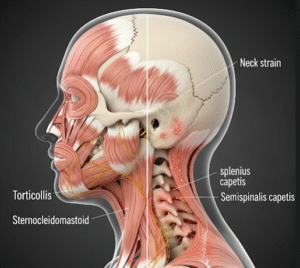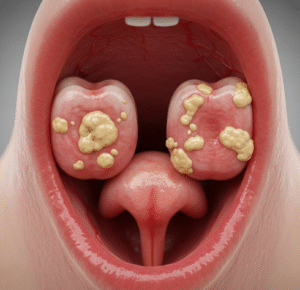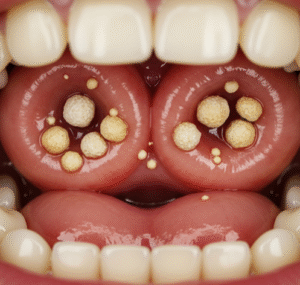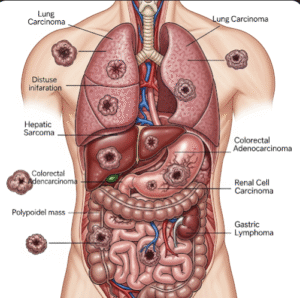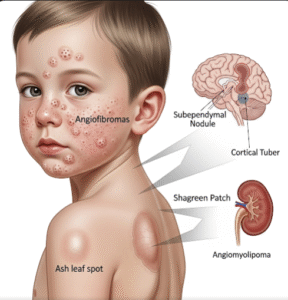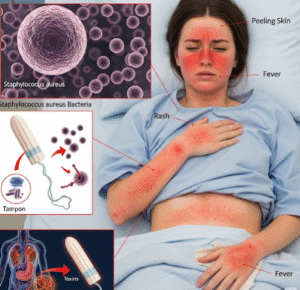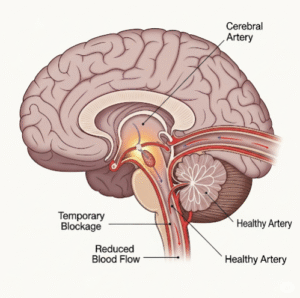Overview
Trisomy 21, commonly known as Down Syndrome, is a genetic disorder caused by the presence of an extra copy of chromosome 21. This additional genetic material disrupts normal development and leads to characteristic physical features, intellectual disability, and a range of potential health issues affecting the heart, gastrointestinal system, and immune function. Down Syndrome is one of the most common chromosomal disorders worldwide. South Korea offers advanced prenatal screening, pediatric care, specialized educational programs, and medical interventions to support individuals with Down Syndrome and their families, promoting health, development, and social inclusion.
What is Trisomy 21 (Down Syndrome)?
Down Syndrome occurs when there are three copies of chromosome 21 instead of the usual two. This extra genetic material alters normal development, resulting in both physical and cognitive differences. There are three main types of Down Syndrome:
- Trisomy 21 (Standard or Non-disjunction): All cells have an extra chromosome 21, the most common form
- Mosaic Down Syndrome: Only some cells have an extra chromosome, leading to milder symptoms
- Translocation Down Syndrome: Part of chromosome 21 attaches to another chromosome; can be inherited
In South Korea, genetic testing, including karyotyping and non-invasive prenatal testing (NIPT), is widely used to identify Down Syndrome prenatally and postnatally.
Symptoms
Symptoms of Down Syndrome vary in severity and combination but often include:
- Craniofacial features: Flattened facial profile, upward slanting eyes, small nose, and single palmar crease
- Growth and development: Delayed growth, low muscle tone (hypotonia), and delayed motor milestones
- Intellectual disability: Mild to moderate cognitive impairment, affecting learning and problem-solving abilities
- Speech and communication: Delayed speech development and language difficulties
- Sensory issues: Vision problems (e.g., strabismus, cataracts) and hearing impairments
- Medical conditions: Congenital heart defects, thyroid disorders, gastrointestinal abnormalities, and susceptibility to infections
- Behavioral characteristics: Socially affectionate, yet may exhibit attention or behavioral challenges
Early diagnosis and intervention in Korean pediatric centers help improve developmental outcomes and manage associated health issues.
Causes
Down Syndrome is caused by abnormal cell division leading to an extra copy of chromosome 21. Specific causes include:
- Nondisjunction: Most common cause; chromosomes fail to separate properly during egg or sperm formation
- Mosaicism: Some cells carry an extra chromosome, while others are normal, resulting in variable symptoms
- Translocation: Part of chromosome 21 attaches to another chromosome, which can be inherited
- Maternal age: Increased risk in women over 35 years at the time of conception
Understanding these causes allows Korean healthcare providers to offer genetic counseling and risk assessment for families.
Risk Factors
Factors increasing the likelihood of Down Syndrome include:
- Advanced maternal age
- Previous child with Down Syndrome
- Family history of chromosomal abnormalities
- Parental carriers of chromosomal translocations
Prenatal screening programs in South Korea are designed to identify pregnancies at high risk for Down Syndrome, enabling early counseling and preparation.
Complications
Down Syndrome can result in several medical and developmental complications:
- Congenital heart defects: Affects nearly half of children with Down Syndrome
- Gastrointestinal issues: Duodenal atresia, Hirschsprung disease, or other digestive anomalies
- Thyroid disorders: Hypothyroidism is common
- Immune deficiencies: Increased susceptibility to infections
- Developmental delays: Cognitive, speech, and motor delays
- Hearing and vision problems: Requiring ongoing monitoring and treatment
- Sleep apnea: Due to airway abnormalities
- Behavioral and mental health challenges: ADHD, anxiety, or obsessive-compulsive behaviors
Comprehensive medical care in Korea aims to manage these complications and support overall health and development.
Prevention
While Down Syndrome cannot be fully prevented, risk can be assessed and managed through early screening:
- Prenatal screening: Non-invasive prenatal testing (NIPT), first-trimester combined screening, and ultrasound markers
- Genetic counseling: For parents with a family history of chromosomal abnormalities or prior affected pregnancies
- Maternal health optimization: Maintaining good health, proper nutrition, and avoiding harmful substances during pregnancy
- Informed reproductive planning: Especially for older mothers or families with known genetic risks
Korean healthcare providers emphasize prenatal education, screening, and counseling to prepare families and reduce associated risks.
Treatment Options in Korea
While there is no cure for Down Syndrome, South Korea offers comprehensive care to manage medical conditions, support development, and improve quality of life:
Diagnosis:
- Prenatal: Non-invasive prenatal testing (NIPT), chorionic villus sampling, and amniocentesis
- Postnatal: Physical examination, karyotyping, and genetic confirmation
- Screening for associated conditions such as heart defects, thyroid dysfunction, and hearing or vision impairments
Medical Treatments:
- Cardiac care: Surgery or medical management for congenital heart defects
- Endocrine care: Monitoring and treatment for thyroid or growth issues
- Gastrointestinal interventions: Surgery for malformations when necessary
- Immunizations and infection management: Preventing respiratory and other infections
Rehabilitation and Support:
- Early intervention programs for speech, motor skills, and cognitive development
- Occupational therapy to enhance daily living skills and independence
- Special education programs integrated into schools and specialized centers
- Psychological support and counseling for families and caregivers
- Social programs and community support to encourage inclusion and participation
Korean healthcare combines medical management, rehabilitation, education, and social support to help individuals with Down Syndrome achieve their full potential and participate actively in society.



